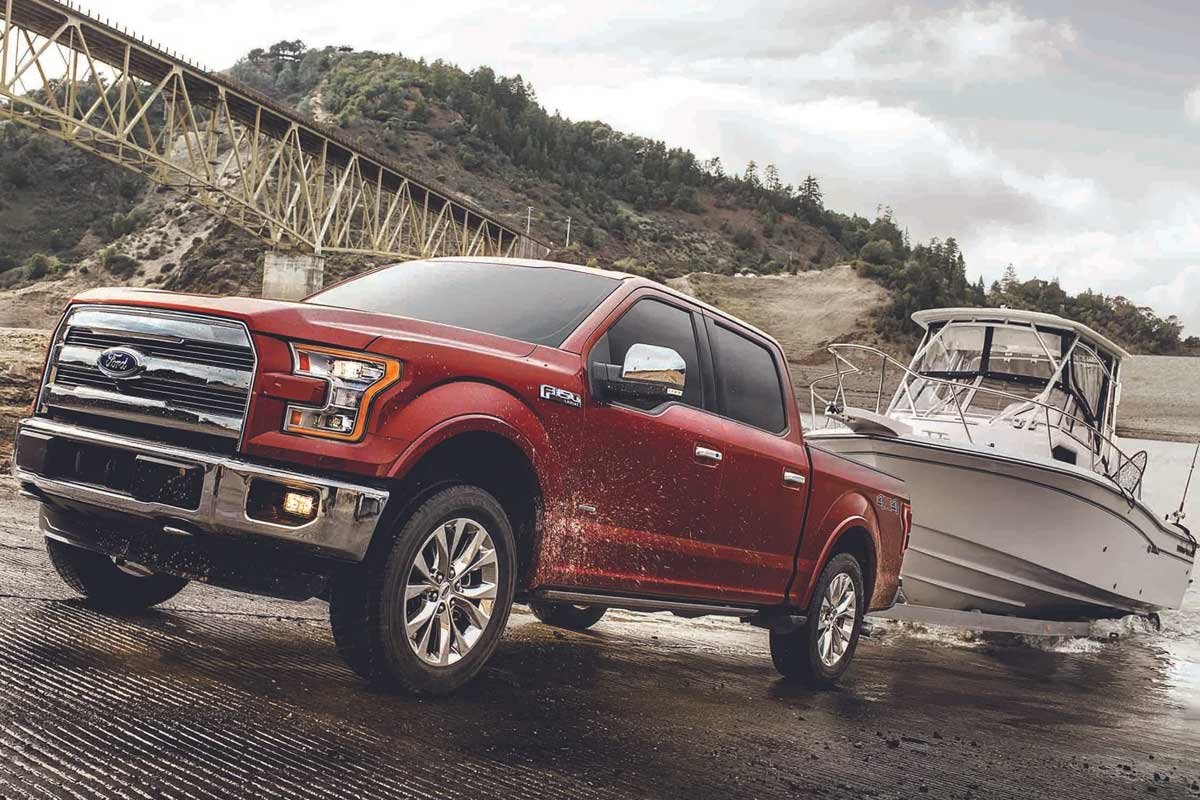It’s not a secret that diesel engines consistently produce higher torque outputs than petrol engines. So let us see why a diesel engine makes more torque than a petrol engine? To understand the working of both the engines please click here.
High Compression Ratio
Diesel Engine ignites the fuel by compressing the air-fuel mixture, unlike petrol engine. So the diesel engine has to do more compression. The ratio is the maximum and minimum volume of a cylinder. The ratio is made larger in a diesel engine due to a longer stroke, meaning the piston is moving up and down a larger internal volume of a cylinder.
A longer piston stroke means a larger diameter crankshaft. Assuming the force coming from the gas piston and the diesel piston is equal, then the diesel piston has a longer lever arm and is turning its crankshaft with greater torque (but, necessarily, at fewer revolutions per minute). The gas piston may be delivering the same power, but it is delivering it by turning a crankshaft at more revolutions per minute, with less torque.
Calorific Value
Diesel (45500kJ/kg) has a slightly lower calorific value than petrol (45800kJ/kg).
A diesel engine burns up the fuel a bit more efficiently, and diesel fuel has a bit higher energy content than gasoline, so a diesel piston should actually deliver more power from burning the same volume of fuel. This means more energy is transferred to the piston, increasing the amount of torque through the crankshaft.
Turbocharged Diesel Engines
Many diesel engines are also turbocharged to make up for the lack of out-and-out horsepower and engine speed. This then creates a higher pressure within the cylinder for the power stroke, which in turn creates an increase in torque. Diesel turbos are generally set up to a much higher boost pressure, which reduces pumping losses, allowing the engine to become more efficient in its conversion of energy through to the crankshaft.
You won’t find Supercars and hypercars with diesel engines because of their low revving engine. The diesel engine was created to rival steam engines. These engines were designed to move very heavy loads, making high torque and constant speed essential.
So hopefully you now have an understanding of why a diesel engine makes more torque than a petrol engine.


